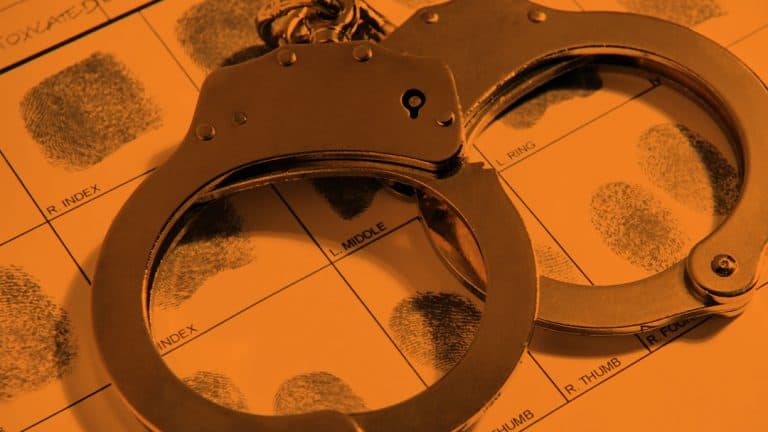Rape – help is available
“Jesus, I know that I have the strength to face all conditions by the power that You give me. Thank you for bending down with me to pick up the pieces of my life every time it comes crashing down. Thank you for one line of footprints during the times when You carry me. Thank you for always being there during times when the water is bitter. You are the One who makes me strong when I feel weak. You are the One who guides me when I have no direction. Thank you for your presence in my life every day.
Jesus, You have made me a new person. Show me, through your Spirit that lives in me, how to give a pure reflection of your image in the dark world. Amen.”
The prayer of a woman who had been raped and got up again with new hope for the future.
The formal definition of rape used in our criminal law system reads as follows:
“Any person who unlawfully and intentionally commits an act of sexual penetration with a complainant, without the consent of the complainant, is guilty of the offence of rape.”
A woman who has been raped is burdened with the trauma of this abuse as well as with the stigma of rape. The disgrace and humiliation experienced by a woman when people know she has been raped make this crime even more traumatic.
What to do when you have been raped:
- Go to a safe place as soon as possible.
- Tell the first person you see and trust what has happened.
- Do not wash or get rid of your clothes, because they may contain evidence such as hair, blood or semen of the rapist.
- Also do not wash yourself until you have been examined by a doctor.
- If you are seriously injured or bleeding, go straight to a casualty department. If you do not have external injuries, go to a state hospital as soon as possible to get preventive medication. The police can come to the hospital if you decide to report the rape.
- If you are not HIV positive, the hospital will give you antiretroviral drugs to prevent HIV infection.
- Decide whether to report the rape to the police.
Common feelings on or reactions following being raped:
- Shock
- Loss
- Nightmares
- Feeling ashamed
- Self-mutilation, such as cutting yourself
- Drug and alcohol abuse in serious cases
- Depression
- Anger
- Feelings of guilt
- Fear
- Fear of being touched
- Powerlessness
- Loss of control
The stages of growth towards recovery:
- Feeling safe again.
- Remembering and grieving.
- Making contact again with other people.
- Look after yourself – eat well, get exercise and get enough sleep.
- Look after yourself at a spiritual level, spiritual for yourself. Positive thinking is useful, and try to do things you enjoy.
- Join a support group, listen to what people say who have had the same experience, and do not blame yourself.
- Remember the things you believe in and surround yourself with positive people.
- Give yourself enough time and space to feel your emotions.
Avoid struggling through this all on your own – help is available. Go through this experience with someone who cares, understands and creates hope.











